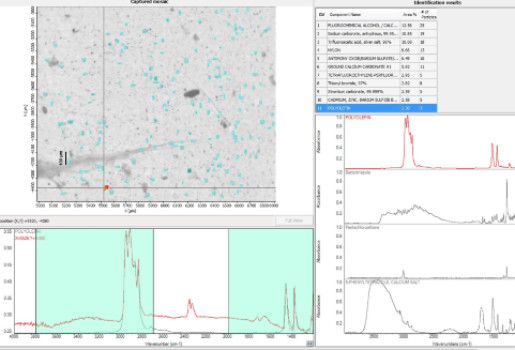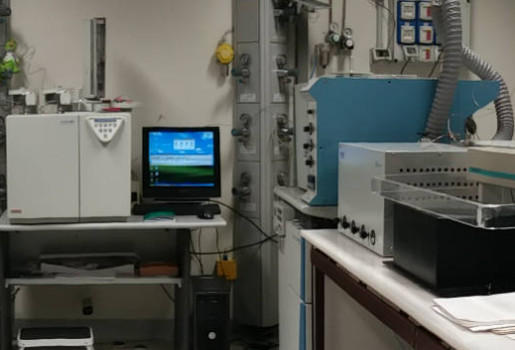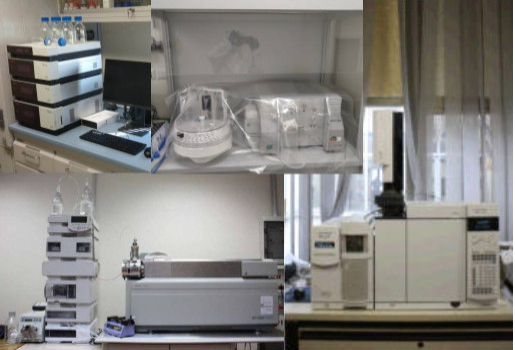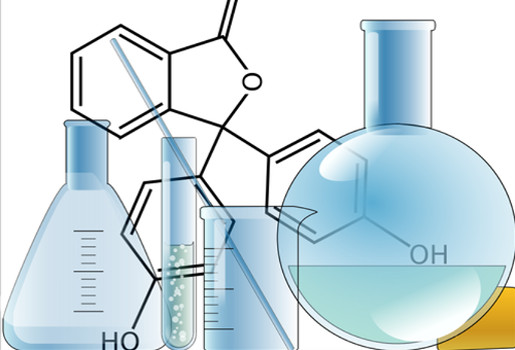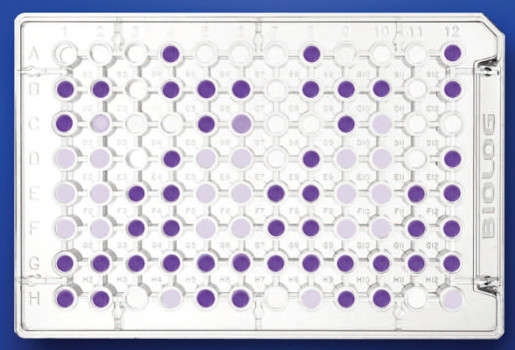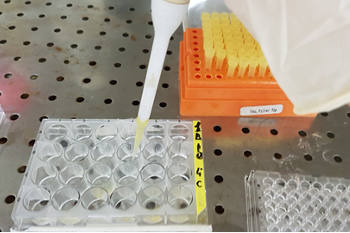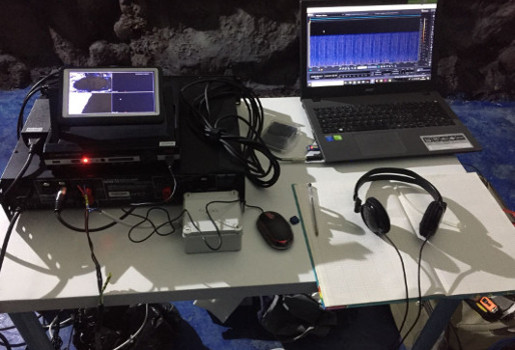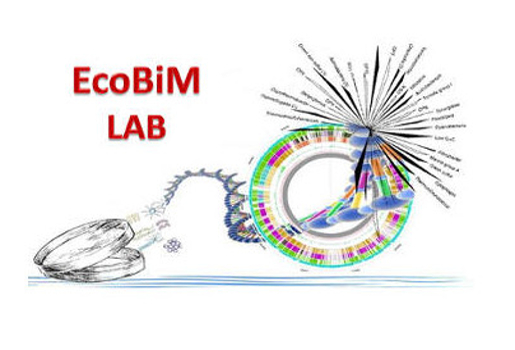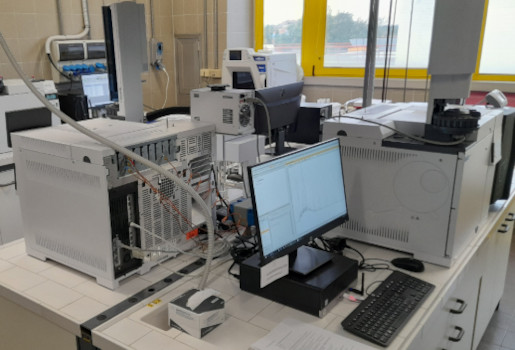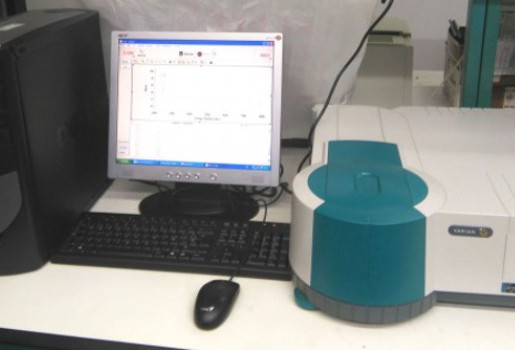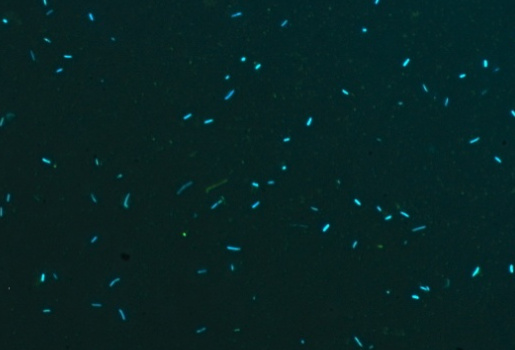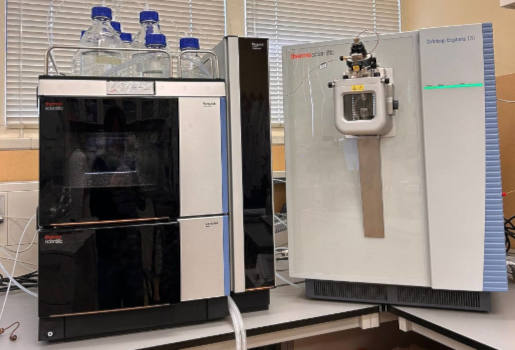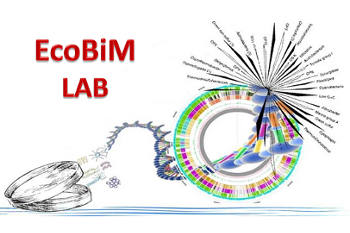 Brief description
Brief description
Experimental activities carried out at the EcoBiM LAB in Messina are addressed to the ecology and biotechnology of microorganisms, particularly prokaryotes, inhabiting both marine and continental polar habitats. The diversity of microorganisms, their response to environmental stress conditions (deriving from natural or anthropogenic forcing, such as climate change and chemical contamination), the astrobiological implications of life in extreme environments, and their evolution and adaptation in polar environments are among the ecological aspects investigated. EcoBiM researchers are also interested in the evaluation of the metabolic capabilities and biotechnological potentialities of cold-adapted microorganisms, by searching for biomolecules exploitable in industrial applications and bacteria able to degrade organic pollutants at low temperatures.
Matrices of interest
The analyzed matrices are mostly attributable to the hydrosphere (marine, river and lake waters, brines) and cryosphere (permafrost, snow, sea-ice and continental ice, intrapermafrost brines), but soils and sediments are also considered. The study of the interactions between microorganisms and biotic (for example, pelagic and benthic organisms) and abiotic (such as microbial communities colonizing polymeric materials, indicated with the term plastisphere) is of particular interest.
Applied experimental approaches
For the microbiological characterization of extreme environments, similarly to the analytical procedures commonly applied for the study of temperate areas, we use both culture-dependent and -independent (i.e. biomolecular and biochemical) approaches, including:
- isolation and maintenance in pure culture of bacterial strains;
- phenotypic (physiological, biochemical and morphological characteristics) and genotypic (analysis of the 16S rRNA sequences and search for functional genes) characterization of cultivable bacteria;
- screening of bacteria for the production for useful biomolecules (including antibiotics, exopolysaccharides, biosurfactants);
- evaluation of the metabolic capacities of the microbial communities through miniaturized assays;
- characterization of the microbial communities by the hybridization in situ with oligonucleotide probes (CARD-FISH);
- extraction of environmental DNA and RNA for metagenomics and metatrascriptomics studies;
- preparation of microcosms enriched with organic and inorganic contaminants, and degradation tests.
Instrumentation
The EcoBiM LAB is equipped with basic instrumentation for environmental and applied microbiology (laminar flow cabinet, autoclave, incubators and thermostated baths, centrifuges, filtration systems, sonicators, spectrophotometers, fluorometers) and molecular biology equipment (thermocycler and equipment for electrophoresis).
For details: Dr. Angelina Lo Giudice - angelina.logiudice AT cnr.it







